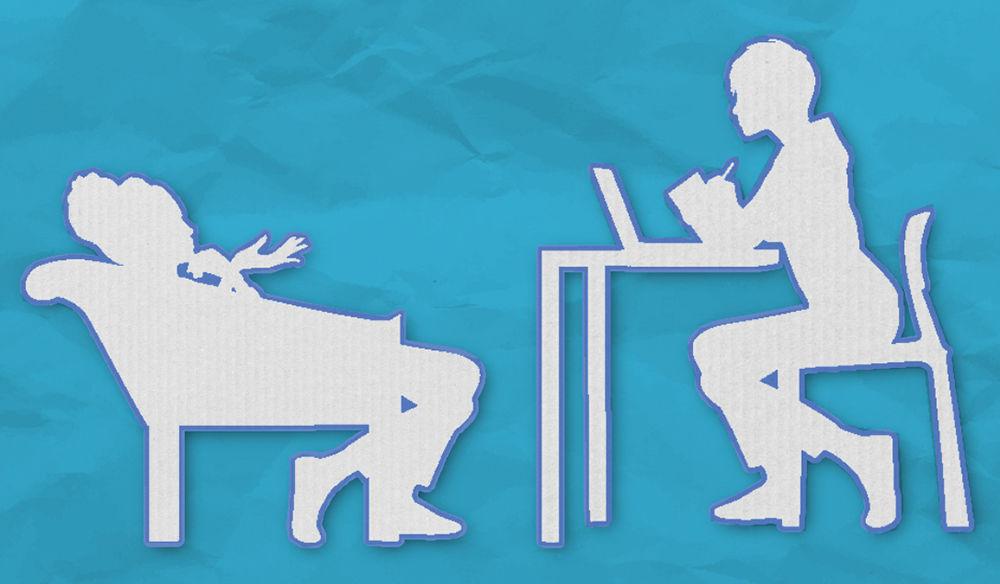NC State’s Counseling Center saw more students in the fall 2019 semester than it did in the entirety of the 2012-13 school year, according to Monica Osburn, executive director of the Counseling Center. Around 3,900 students utilized the center in the fall compared to 3833 in 2012-13.
At a student fee town hall, representatives from the Counseling Center said that in the 2017-18 school year, over 5,400 students visited the center. Osburn said there was a 53% increase in students seeking help from the Counseling Center in 2019.
There are many possible reasons for the heightened demand, Osburn said.
“After midterms, students start to get their midterm grades back [and] haven’t done as well as they had hoped,” Osburn said. “The holidays aren’t always a joyous time for folks.”
Prevention services such as NC State Cares have also seen increased interest. According to Osburn, there were over 500 reports to NC State Cares last semester. Cares Co-Coordinator Laura Boyd also mentioned academic stress as the semester comes to a close as one of the main reasons students seek more support.
“I think people are doing their best until they get to about fall break,” Boyd said. “Then, right after fall break feels like every test is happening, every paper is due. This adds a lot of stress and anxiety, because at that point, you then know we don’t have that much time left in the semester.”
Growing demand is also in line with significant increases in staff.
At the graduate student town hall held on Mar. 4, 2019, Angel Bowers, associate director of outreach at the Counseling Center, said the center has experienced overcrowding, citing an increase in intensity of concerns. Since 2013, the number of full-time counselors has tripled, up to 45 from 15.
At the fee town hall, Julie Casani, director of Student Health Services, said about half the budget of Student Health Services, which includes the Counseling Center, comes from student fees. In the 2012-13 academic year, Student Health Services received $267.62 through student fees. Just as demand and staff have grown, this fee has also grown, reaching a total of $407.00 for the 2019-20 academic year.
The Counseling Center offers a variety of workshops and programs designed to supplement individual therapy or stand alone. According to Osburn, among the most popular are workshops helping students manage stressors in school or at home, such as Anxiety Toolbox.
Osburn said the best way for students to find programs helpful to them outside of traditional counseling is to make an appointment with a triage counselor, who will guide them in the direction of the most appropriate services.
“The way that we’re most successful is when students come in, we talk to them about it,” she said. “Because students are far more apt to join an Anxiety Toolkit workshop if they talk to someone and understand what they’re even going to get out of it.”













